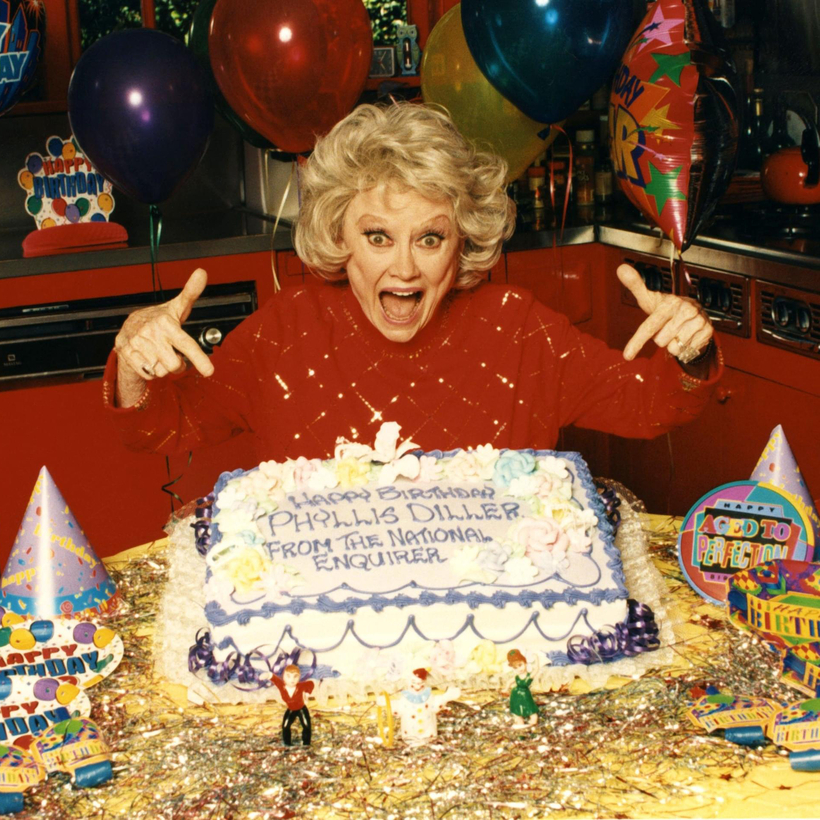Ask after the secret of eternal youth and answers tend to vary dramatically depending on who is consulted. Doctors, dieticians (and even occasionally newspapers) tend to offer discouragingly specific advice about the restorative effects of antioxidant superfoods or high-intensity interval training.
Fitness influencers and Silicon Valley’s anti-ageing millionaire lobby tend to go even further: urging innocent civilians to adopt their soul-crushing regimes of red-light therapy, intermittent fasting, and high-plasma blood transfusions.

